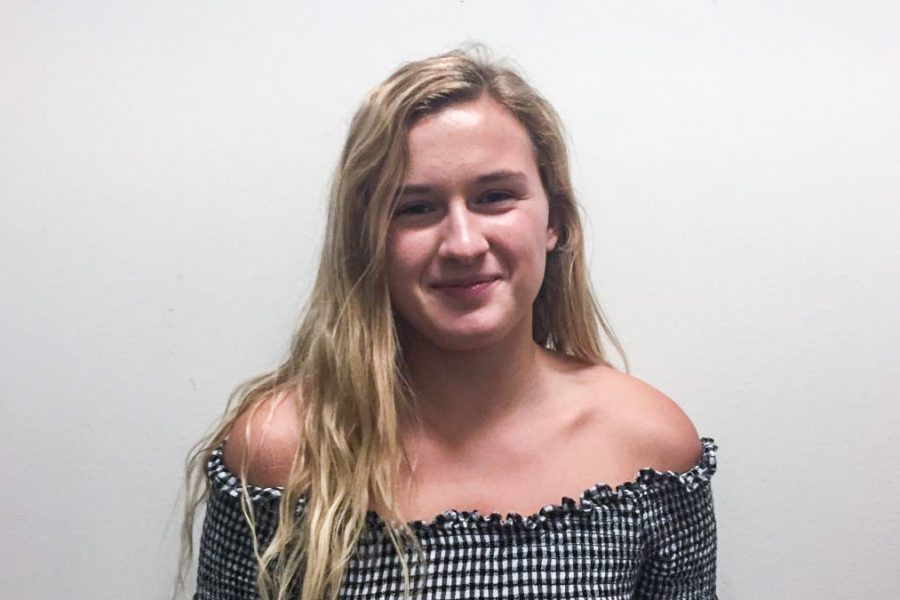Listen to the Women Warriors
November 20, 2017
The Steinhardt Faculty and Community Engagement Series recently hosted an event at NYU that provided a stage for women veterans to share their narratives of trauma through theater and storytelling. These women — members of the nonprofit Bedlam Theater Company’s Women Veterans Only Acting Class — came to NYU on Nov. 13 to provide a window into their experiences of mistreatment and sexual assault during their time serving the United States military, as well as the traumatic state they still live in years later.
I attended this event on a whim, but am exceedingly grateful I did so. While I will not disclose the names and branches of the storytellers out of respect for their privacy and the trust they built with the audience, I feel that it is important to share my experience as a listener.
Going into the event, my knowledge of veterans and the trauma they held in their transition back into society came entirely from the male perspective. Many of my relatives were military men, and their stories, combined with those I read in books like “The Things They Carried,” fully shaped my understanding of the military experience. I never once considered the stories of the few female counterparts that joined them in war. I never once considered that there were thousands of women who brought home the trauma of sexual assault and abuse, on top of the post-traumatic stress disorders that many veterans suffer from. So when the first woman to perform spoke of her rape, with tears in her eyes, I was nauseated. Her words struck me: “When the military police is the one who raped you, who are you supposed to report it to?” After the word of her assault reached her superiors, she was the one who was discharged and labeled with a personality disorder.
She was not alone. Another woman in the group was hazed and ridiculed after being seen kissing another woman, while three others were also sexually assaulted. Each of them was kicked out of the military and then given inadequate treatment regarding her trauma following release. The wounds were still fresh for each woman, regardless of how long ago she served, and their choice to tell their stories was extremely difficult and brave. I could feel the pain in the words they spoke and the tears they shed, and I was moved by their vulnerability.
When the event ended, I lingered behind and talked to two of the women who had performed. I first thanked them for sharing, and then I asked a question that had been burning in my mind for the majority of the event: “What can we do to help?” Their response was simple: they need people to outwardly recognize their cause and listen to their stories, rather than sweepthem under the rug. I have found that more often than not, especially with gender based issues, we are quick to come up with solutions of our own rather than ask victims what they might need. These women are calling upon us to care. It is now up to us to hear them.
Opinions expressed on the editorial pages are not necessarily those of WSN, and our publication of opinions is not an endorsement of them.
A version of this appeared in the Monday, Nov. 20 print edition. Email Tyler Crews at [email protected].



























































































































































